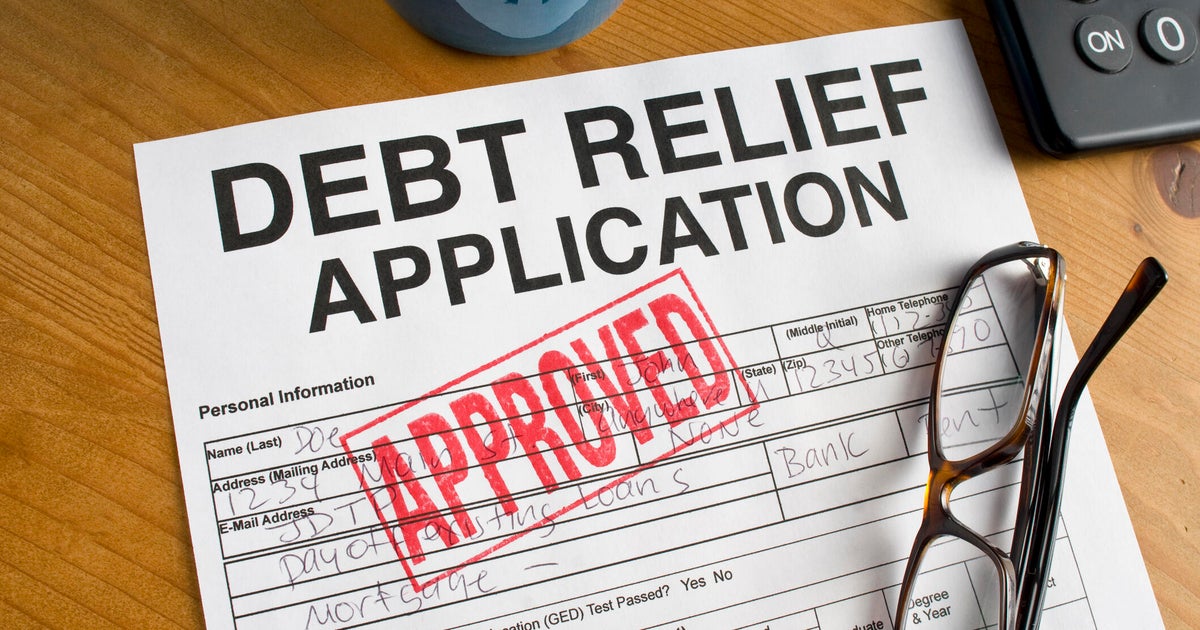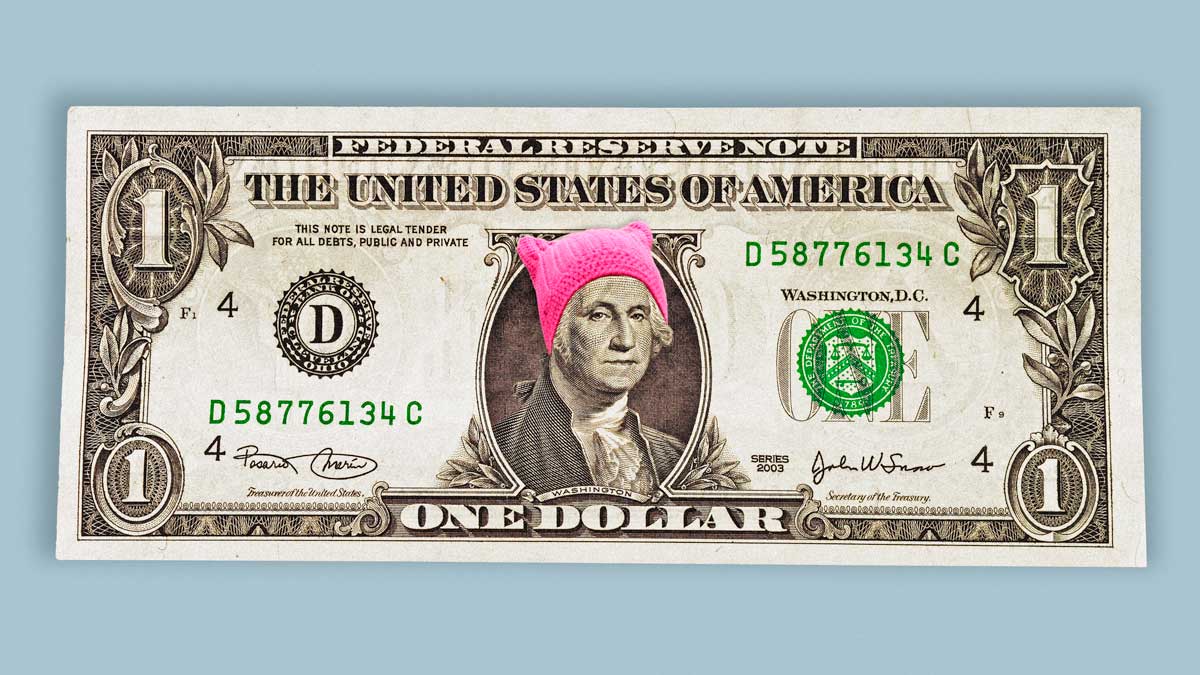How much debt do you need to qualify for credit card debt forgiveness?
Credit card debt can be overwhelming in today's high interest rate environment. That's especially the case when you consider the fact that today's high interest rates are a direct response to stubborn inflation. So, you're probably not only dealing with higher credit card minimum payments, but you have to try and manage those higher payments while paying more for goods and services.
You may have heard that credit card debt forgiveness programs can help. These services negotiate your balances with your lenders in an attempt to get those lenders to agree to clear your debt for less than you owe. The remaining balance above the agreed upon settlement amount is then forgiven.
But, not everyone qualifies for credit card debt forgiveness. In fact, one important qualification factor is the amount of debt you have. And if you don't have enough credit card debt, you may have to consider other debt relief options.
Find out if you qualify for credit card debt forgiveness now.
How much debt do you need to qualify for credit card debt forgiveness?
Most credit card debt forgiveness companies require borrowers to have a minimum amount of credit card debt to sign up for their services. Those minimums may be different among different providers. The minimum debt requirements for credit card debt forgiveness services among some leading debt relief companies are as follows:
- Freedom Debt Relief: You must have $7,500 in credit card debt to qualify for Freedom Debt Relief's credit card debt forgiveness services.
- National Debt Relief: You must have $7,500 in credit card debt to qualify for National Debt Relief's credit card debt forgiveness service.
- Accredited Debt Relief: You must have $10,000 in credit card debt to qualify for Accredited Debt Relief's debt forgiveness services.
Though the above dollar amounts are the minimum debt requirements with some of the leading credit card debt forgiveness companies, there may be other solutions with lower requirements. Nonetheless, credit card debt forgiveness services are typically best for borrowers who have a significant amount of credit card debt and are having a hard time making their minimum payments.
If you meet the minimum requirements above, reach out to a debt forgiveness expert now.
What if you don't have enough debt to qualify for credit card debt forgiveness?
If you don't owe enough money to credit card companies to qualify for debt forgiveness, you have other options. These include:
- Debt management programs: Debt management programs usually attempt to reduce your interest rates and improve your payment terms through negotiations. They'll also typically create a payment plan for you that should give you an affordable way out of debt. Once you enroll, you'll make your payments to the debt relief company and the company will disperse those payments to your lenders on your behalf until your debts are paid in full.
- Debt consolidation loans: Debt consolidation loans are a type of personal loan designed for the purpose of consolidating multiple high interest debts into one account. Not only do these accounts typically come with lower interest rates than credit cards, they simplify the payment process since you'll stop making multiple credit card payments and instead make one debt consolidation loan payment.
- Tap into your home equity: If you own your home, you may be able to use your home equity to pay off your high interest debt. Consider taking out a home equity loan or home equity line of credit (HELOC) to save on interest while reducing your monthly payment obligations. Just understand that your home serves as the collateral in this scenario, so you'll want to make sure you have a plan in place to pay back what you borrow or you could risk losing your home.
The bottom line
Credit card debt can be overwhelming, but if you have sizable balances, you may qualify for credit card debt forgiveness. Moreover, if your balance isn't quite high enough to qualify for forgiveness, consider taking another route to debt relief. Debt management programs and debt consolidation loans may be able to help you save money while getting out of debt faster. And, if you own your home, you may have access to equity that you could use to eliminate your high interest debt.
This story has been updated to clarify the difference between debt management and debt consolidation programs.






